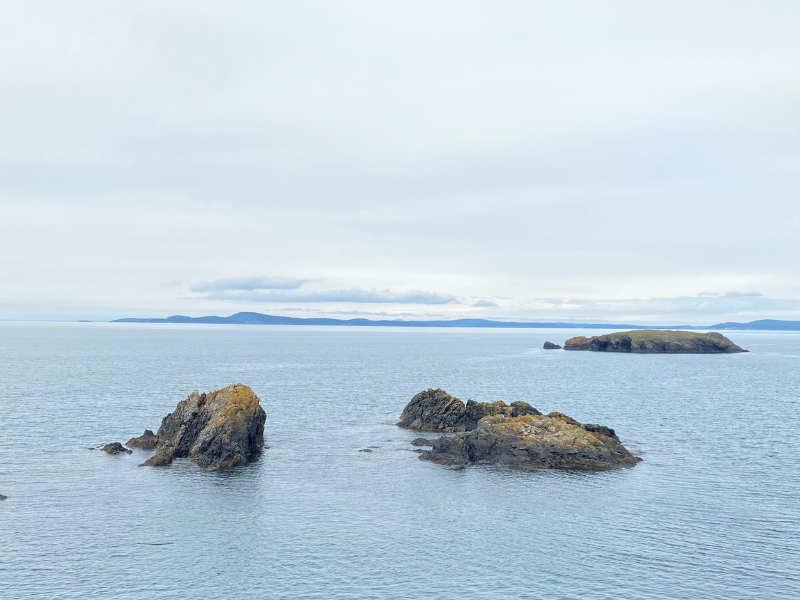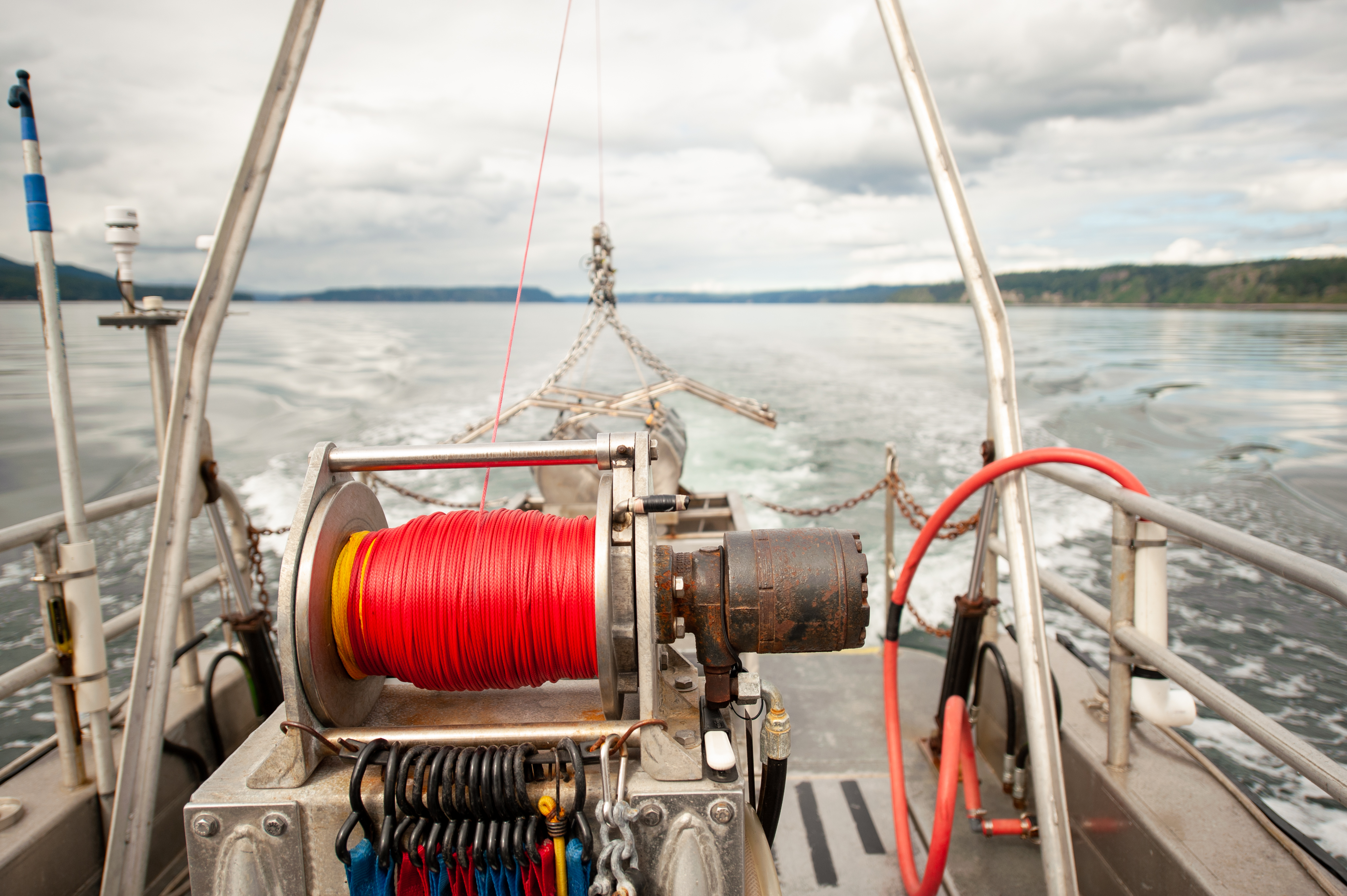
We’ve got many reasons to honor and celebrate the ocean today on World Ocean Day. We’re all deeply connected to the ocean, even if we live far from its coast. The ocean sustains life on our planet. Tiny organisms in the ocean, called phytoplankton, produce more than half of the oxygen we breathe! It regulates climate, provides food, supports cultural practices, jobs, and recreation. And, just like a sponge, it absorbs carbon pollution from human activities, slowing down how much carbon dioxide accumulates in the atmosphere. But this has a cost.
Absorbing carbon dioxide is making seawater corrosive (or acidic) through a chemical reaction. We call this process ocean acidification. As carbon pollution continues to increase, the ocean could become more corrosive. Ocean acidification threatens marine life and coastal communities.
Ocean acidification: An ‘invisible’ process with visible consequences
Watch and share the video above about the impacts of ocean acidification and what we are doing to help.
Ocean acidification, combined with warming sea temperatures and low dissolved oxygen in seawater, can disrupt marine ecosystems globally and locally. Washington state is especially vulnerable. Our state’s marine environment is quite diverse and productive; however, ocean acidification threatens marine life, food security, cultural practices, fisheries, and the shellfish industry.
Robust monitoring to support resilient marine ecosystems
Our marine monitoring team measures ocean acidification conditions at 28 loations in Puget Sound and a few along the coast.
Our work isn’t done after we gather data and measure conditions. As we continue to learn more, we coordinate with partners statewide and along the coast, sharing information with Tribes, scientists, shellfish growers, natural-resource managers, and the public. Together, we are working to address acidification and and help marine ecosystems become resilient.
Taking steps to reduce pollution
We’re implementing policies designed to reduce carbon pollution, which is the ultimate cause of ocean acidification. In 2020, the state Legislature set limits to reduce greenhouse gas emissions levels by 45% by 2030 and by 95% by 2050. These goals will be met through the Climate Commitment Act, the Clean Fuel Standard, zero-emission vehicles, and more. As other states and countries follow suit, we can limit the damage caused by ocean acidification here in Washington.
We’re also reducing excess nutrients from human sources, which is another stressor to marine organisms. Our work aims to reduce excess nutrients, such as nitrogen, to improve water quality and help maintain healthy levels of dissolved oxygen for marine animals.
Want to learn more? You can help.
Part of honoring the ocean is also understanding what we can do to support a resilient ocean. Learn more about the ocean and how climate change is a triple threat to the ocean.
You can help reduce the risks from climate change. Take steps to reduce greenhouse gases and carbon pollution. This can include using alternative transportation, low-impact energy use, and even avoiding food-waste. Follow our blog posts on climate change, Puget Sound, and What you can do.


